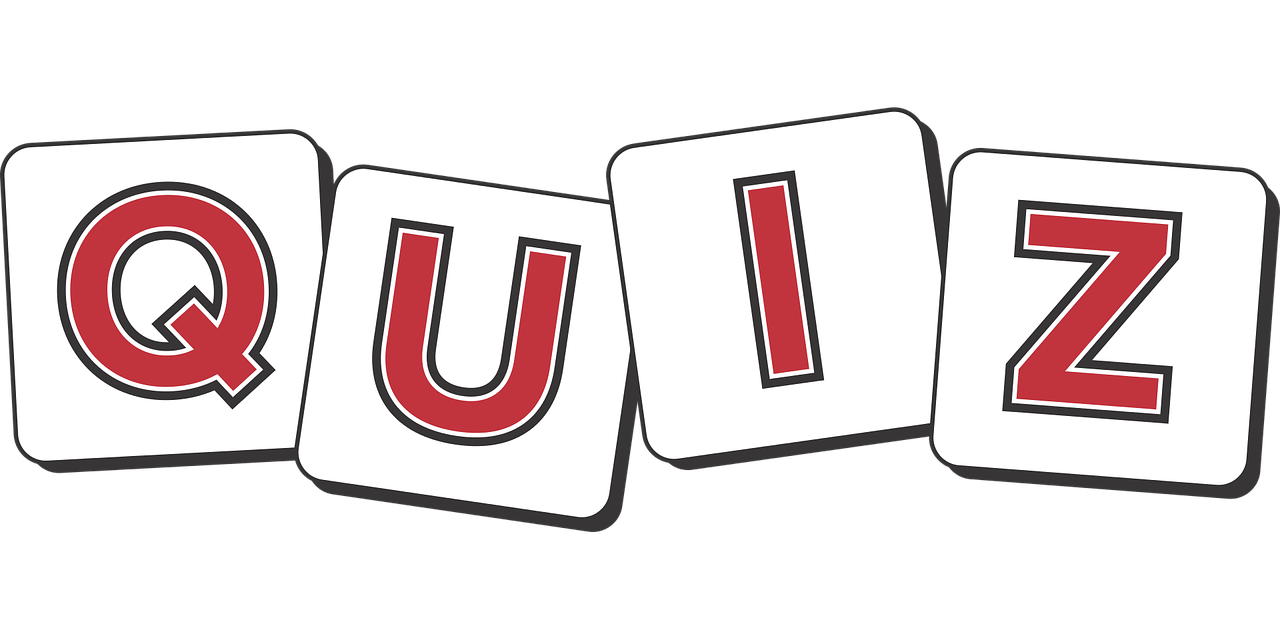
Diabetic Quiz
How well do you understand diabetes? Answers below.
- Insulin is a _____ needed to “unlock the door” so glucose can be transferred from the bloodstream to cells, where it is converted to energy or stored as fat.
- Gland
- Glucogen
- Chemical process
- Hormone
- The main target organ for insulin is the ______.
- Pancreas
- Liver
- Heart
- Stomach
- Juvenile diabetes is also known as:
- Type 1 diabetes
- Type 2 diabetes
- Gestational diabetes
- Pre-diabetes
- What can happen to the body when too much glucose stays in the blood due to inability of the pancreas to produce sufficient insulin, or inability of the body to handle insulin properly?
- Diabetic coma
- Thirst and frequent urination
- Neuropathy, heart disease, kidney disease, proliferative retinopathy
- All of the above
- What are some ways of reducing blood glucose levels when they get too high?
- Drink lots of water
- Exercise
- Use more insulin
- All of the above
- What does the A1C test measure?
- Amino acids
- Blood sugar at time of test only
- Attachment of glucose to hemoglobin molecules
- How much insulin one’s body produced in the past three months
- Can insulin be used to control type 2 diabetes?
- Yes
- No
- Can oral medication control type 1 diabetes?
- Yes
- No
- Is there any way to prevent pre-diabetes from progressing to type 2 diabetes?
- Yes, weight loss, diet, and exercise can slow or prevent development of type 2 diabetes.
- No, it is genetic and almost nothing can be done to prevent it.
- Is there any way to avoid developing type 1 diabetes?
- Yes, weight loss, diet, and exercise can slow or prevent development of type 1 diabetes.
- No, it is genetic and almost nothing can be done to prevent it.
Does your life insurance agent understand diabetes?
If not, you may be paying too much for your life insurance.
Contact Outlook Life for an affordable free diabetes life insurance quote today. 866-866-0242
Answers to Quiz above
1. d. Hormone. Insulin is produced in the pancreas of those who do have type 1 diabetes. People with type 2 diabetes have limited insulin production or cannot handle insulin properly.
2. b. Liver. Insulin stimulates the liver to remove glucose from the blood and store it in the liver, in the form of glycogen, as an energy source.
3. a. Type 1 diabetes. Most often Type 1 diabetes occurs in children, teenagers, or young adults. Thus the name.
4. d. All of the above. Coma can occur when cells cannot access the glucose, so break down fats, releasing ketones. Thirst and urination are the body’s way of trying to flush out excess glucose. High blood glucose can also cause vascular abnormalities and nerve damage that affect eyes, kidneys, heart, and extremities.
5. d. All of the above. Flushing out blood sugar by drinking water, burning it off through exercise, or helping the body absorb it by administration of insulin, all are ways to help reduce blood sugar.
6. c. Hemoglobin transports oxygen in the body. When too much glucose stays in the blood, it can attach to hemoglobin, hindering cells and organs from receiving the oxygen they need.
7. a. Yes. The pancreas in a person with type 2 diabetes can produce insulin, but may need additional insulin to keep blood sugar levels under control.
8. b. No. Oral diabetic medications generally improve the body’s response to insulin, or cause the pancreas to produce more insulin. The pancreas of a person with type 1 diabetes is unable to produce any insulin, so these oral medications do not work for juvenile diabetes.
9. a. Generally speaking
10. b. Generally speaking
Email peg@outlooklife.com for a printable copy of the quiz and answers.